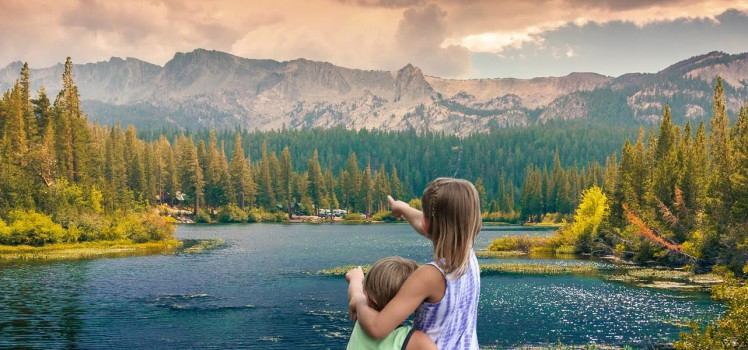Our ecosystems contribute tens of trillions of dollars to our economy every year, but – as L. Hunter Lovins notes... At present we’re losing every major ecosystem on the planet…What are we doing to ourselves?...We have the…intelligence…to make different choices.” In this interview, she outlines those choices and shares how they benefit businesses and the planet. Hunter Lovins co-authored the best-selling book, Natural Capitalism, with Paul Hawken and Amory Lovins. One of the biggest challenges to living sustainably, says Lovins,…
Category Archives Uncategorized
Today it could be argued that human beings daily act against our own self-interest. How? Biologist Paul Ehrlich and fellow scientists tell us we are expanding our population and economy beyond the Earth's carrying capacity– at our peril. Why do we insist on continuing? Humanity in the last few hundred years has become the dominant animal on this planet. We are changing...the atmosphere to the point where we’re threatening our very sustainability, we are now mobilizing most minerals more rapidly…
Rex Weyler has lived the life dreamed of by those who want to make a difference. As a young man he joined early Greenpeace expeditions to document and stop commercial whaling. He went on to co-found Greenpeace International, and as a journalist has covered the subject of ecology extensively. The human machine is just steamrolling…toward disaster.” Weyler has lived a rich life and has a keen understanding of the source of joy, but there is sadness in his voice when…
Lorna Salzman has the chops to be an outspoken critic of many in the modern environmental movement. She played a key role in the early days of Friends of the Earth alongside David Brower (the first executive director of the Sierra Club), beginning a 40-year career as an environmental activist, writer, lecturer and organizer. A contender for the Green Party presidential nomination in 2004, Salzman is an iconoclast in every sense of the word. In this interview we hear Lorna…
The age of growth and the age in which growth is going to be considered a good thing is coming to an end.” The late sociologist William R. Catton was certain of this, but spent a significant portion of his professional life attempting to understand why mainstream society was reluctant to prove his point. Catton authored the landmark book, Overshoot: The Ecological Basis of Revolutionary Change, published in 1980. He brought important sociological perspective to a subject dominated by biologists…
Stephanie Mills made headlines in the Spring of 1969 when she vowed, in her commencement address, to conceive no children. “Our days as a race on this planet are, at this moment, numbered,” she proclaimed, “and the reason for our finite, unrosy future is that we are breeding ourselves out of existence.” In remarks titled, The Future is a Cruel Hoax, the young, articulate, environmental-leader-to-be shared her plan with fellow graduates at Mills College (no relationship): I am terribly saddened…
How big is your ecological footprint? Probably bigger than you think. After all, out of sight, out of mind. As an originator of ecological footprint analysis, population ecologist William Rees knows a thing or two about our impact on the planet. In this interview he provides some fascinating and surprising insights. Did you know most of us in the industrialized world have a footprint three or four times our fair share? Or that the “global economy is a giant Ponzi…
I don’t think there’s a lot of excuses, frankly, for not doing the right thing.” Anishinaabe orator, author, economist and activist Winona LaDuke doesn’t mince words in her quest to light a path for us to “hang around another thousand years.” “Your ecosystem seems to be your mall,” LaDuke tell us. When I asked her where she comes from, her answer was “the real world. You can drink the water out of a lake!” Something to think about. Winona observes…
World-renowned physics professor Al Bartlett was quick to tell us “smart growth” and “dumb growth” both lead us to the same undesirable end; “smart growth” just takes you there in style. Bartlett penned Laws Relating to Sustainability, the most important of which was: First Law: “Population growth and/or growth in the rates of consumption of resources cannot be sustained.” Bartlett worked on the Manhattan Project with Robert Oppenheimer early in his career, then went on to spend six decades teaching at…


